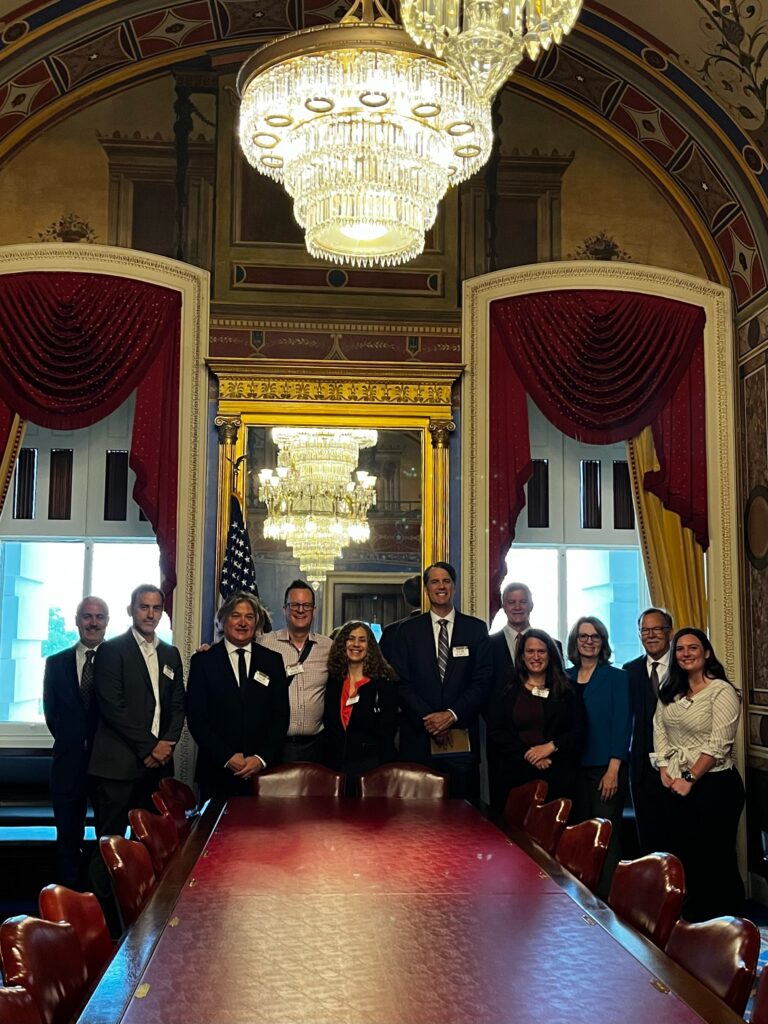BioSonics Part of Congressional Delegation on Marine Energy
BioSonics CEO Tim Acker was part of a Marine Energy Council delegation, which also included marine energy sector leaders, that met with members of the U.S. Senate Appropriations Committee and Energy and Water Subcommittee on the Hill last week.
The discussion centered on why marine energy matters and the importance of securing ongoing funding to support private led technology advancement, testing infrastructure, the TEAMER program, foundational research and operations at the National Marine Energy Centers, and the university research network.
What is Marine Energy?
Marine energy is a renewable power source that is harnessed from the natural movement of water, including waves, tides, and river and ocean currents. Marine energy can also be harnessed from temperature differences in water through a process known as ocean thermal energy conversion.
Why Does Marine Energy Matter?
According to the U.S. Office of Energy Efficiency and Renewable Energy, “the opportunities to harness marine energy are abundant. The total available marine energy resource in the United States is equivalent to approximately 57% of all U.S. power generation in 2019. Even if only a small portion of this technical resource potential is captured, marine energy technologies would make significant contributions to the nation’s energy needs.” In addition:
- Marine energy will help achieve carbon reduction goals of the overall domestic energy portfolio
- Marine energy resources are highly predictable and reliable power sources
- Most marine energy technologies are submersed or located out at sea, not disrupting the visual landscape
- Marine energy devices power other technologies that allow for monitoring the marine environment (as with BioSonics Marine Life Observer), ocean mapping, transportation, refinement of desalination systems for drinking water, and further clean energy and Blue Economy uses.
Read the National Hydropower Association’s one pager on marine energy 2024 research, development, and funding.
